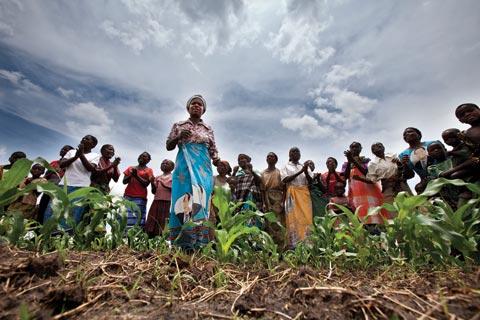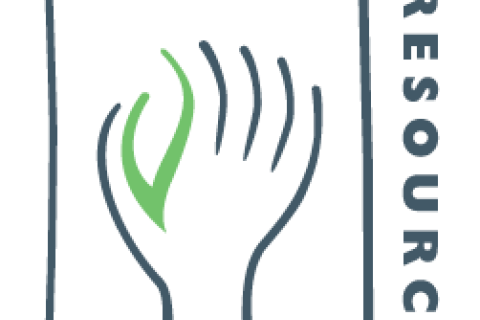
Topics and Regions
Neil Sorensen joined the Land Portal as its Communications Specialist in October 2015. He has extensive experience leading communications for international organizations and developing relationships with civil society, donors, intergovernmental agencies, the media and the private sector. Previously, Neil worked for the International Fund for Agriculture Development (IFAD) as a Governing Bodies Officer and Strategic Adviser to the Secretary of IFAD. He has also led communications for three international organizations, including the International Land Coalition, the International Federation of Agricultural Producers (IFAP) and the International Federation of Organic Agriculture Movements (IFOAM). He holds a Master’s degree in Global Diplomacy from the University of London School of Oriental and African Studies (SOAS) as well as a Bachelor’s degree with a double major in German and Sociology from St. Cloud State University.
Details
Location
Contributions
Displaying 951 - 960 of 1145Ivory Coast drives thousands of cocoa farmers out of national park
Source: Thomson Reuters Foundation
Author: Ange Aboa
Ivorian security forces have driven thousands of cocoa farmers out of a national park this week at the start of an operation to preserve the refuge for endangered chimpanzees and forest elephants, a government source and locals said on Thursday.
South Africa: Land rights act is entirely invalid, Constitutional Court judges declare
Source: BDLive
Author: Franny Rabkin
ALL land restitution claims made after December 1998 have been put on hold by the Constitutional Court, after the court found that Parliament did not properly consult the public before deciding to reopen the window for claims.
The Restitution of Land Rights Amendment Act — which reopened the window for claims — was rushed through Parliament in 2014 ahead of national and provincial elections.
Garma festival: Indigenous leaders say Land Rights Act is not protecting them
Source: The Guardian
Author: Helen Davidson
The Land Rights Act is “fast asleep”, and it continues to be easy for non-Indigenous people and groups to claim a share of Aboriginal land, the Gumatj leader Galarrwuy Yunupingu has said.
Opportunity: Intern with the Rights and Resources Initiative (RRI) Latin America Program
The Rights and Resources Initiative (RRI) is a global coalition that supports the developing world’s Indigenous Peoples and local communities to secure their rights to own, control and benefit from the natural resources they have depended on for generations.
Urban Land – a Key Building Block to Full Rights
Source: Inter Press Service
Author: Fabiana Frayssinet
MORENO, Argentina, Jul 28 2016 (IPS) - Now that the wind no longer blows her roof off and her house belongs to her, Cristina López feels safe in the shantytown where she lives on the outskirts of the Argentine capital. But she and her neighbours still need to win respect for many more rights they have been denied.
Tanzania: Why Straight Women Are Marrying Each Other
Source: Marie Claire
Author: Abigail Haworth
Photographs by Charlie Shoemaker
In the Mara region of northern Tanzania, Abigail Haworth discovers an empowering tribal tradition undergoing a modern revival.
Land Rights Now Initiative Supports Civil Society Opposition to Afforestation Bill in India
Source: Land Rights Now Campaign
As India’s upper house is currently debating a controversial afforestation bill, civil society groups across the country are expressing concerns that the bill would do more harm than good.
After violent struggle for land, Thai campaigners face challenge to community farming
Source: Thomson Reuters Foundation
Author: Alisa Tang
KLONG SAI PATTANA, Thailand (Thomson Reuters Foundation) - In Klong Sai Pattana, a rural community carved out of an illegal oil palm plantation by land rights campaigners, new arrivals are given a one-year trial run at being farmers.
Massacre Involving Land Rights Dispute Calls Paraguayan Justice System Into Question
Source: Equal Times
Author: Santi Carneri
Land is the greatest source of wealth in Paraguay, with an economy founded on the production and export of beef and genetically modified crops such as soya. But the industry is dominated by a small group of large landowners that represents just 2.5 per cent of the population owning 85 per cent of all the country’s arable land, according to the NGO Oxfam.










